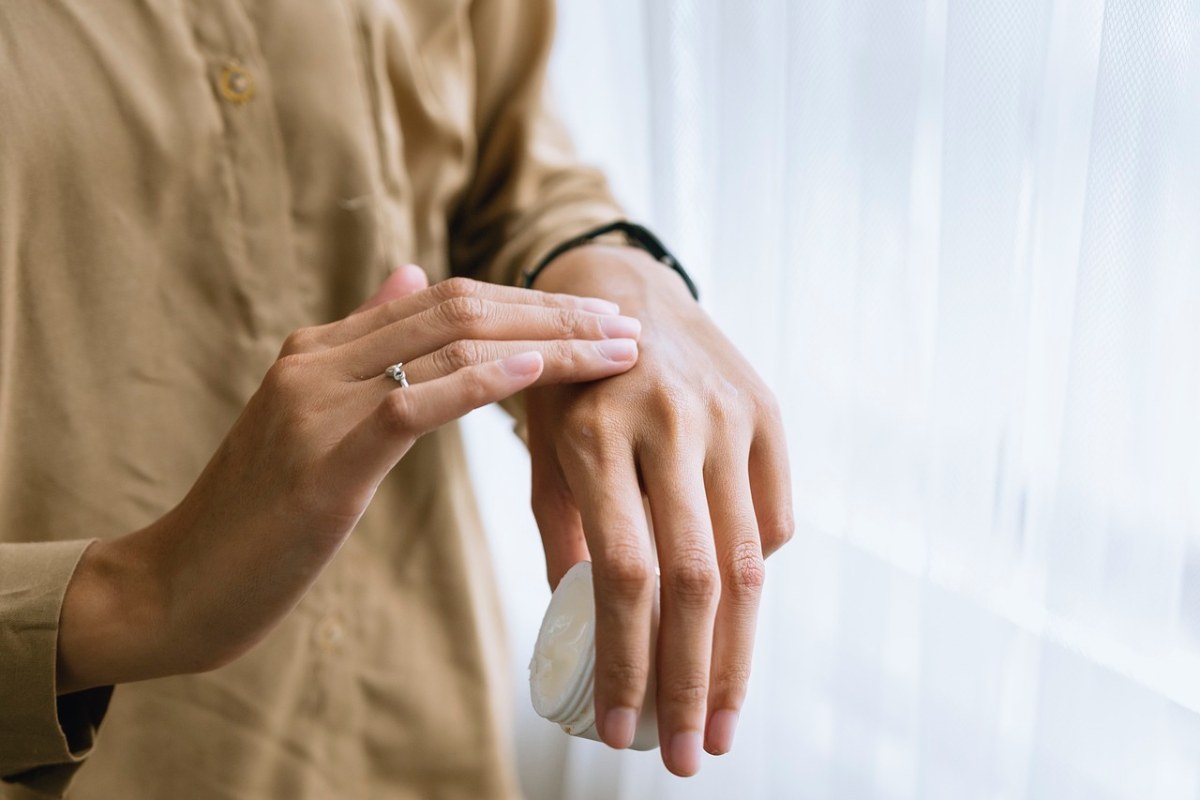Winter weather and the stress of the holidays can take a real toll on both your mental and physical health. That’s why engaging in self-care is more important during the winter than ever, but you might not be able to do the same activities that you would on long, sunny days. To help inspire you, we’ve rounded up 11 ideas for self-care activities to help you survive the winter, from using a light therapy lamp to applying skincare for dry skin:
Maintain a good sleep schedule.
During winter, the shorter days mess with your circadian rhythm and leave many people wanting to stay in bed all day long. While sleeping in may be tempting, it’s crucial to get up at the same time each day to take advantage of the sunlight as much as possible. At night, try not to use bright screens or light for at least two hours before bed. Instead, read a book or do a calming activity that will help you fall asleep faster.
Get outside when possible.
Depending on where you live, winter weather might make it unpleasant or even unsafe to get outside some days. However, you should get outside whenever possible when the weather permits it. Not only is fresh air good for you, but the sunlight will also help your body produce vitamin D. Make sure to dress appropriately in a winter coat, water-resistant pants, boots, gloves, hats, and other cold-weather accessories.

Stay physically active.
Working out regularly is good for your physical and mental health, but many people slack off during the winter when the weather makes it difficult to exercise outdoors. If you typically exercise outdoors, then switch to indoor workouts when the weather is inclement. Gym memberships are a great option, but there are also plenty of workouts that you can do at home if the cost of a membership is prohibitive.
Try out a light therapy lamp.
Light therapy lamps can help treat seasonal affective disorder (SAD) in conjunction with other treatments. Light therapy lamps encourage your body to produce vitamin D, which improves your mood as well as your physical health. Light therapy lamps also help to wake your body up in the morning even if it’s cloudy or still dark, so they can be helpful if you’re struggling to maintain a regular sleep schedule during the winter.
Ask your doctor about supplements.
Speaking of vitamin D, you might want to talk to your doctor about whether or not taking supplements and vitamins during the winter might be helpful. Ingesting too much of certain vitamins and minerals can be harmful, so it’s important not to self-diagnose or take large amounts of supplements without the approval of your doctor. However, if your doctor signs off on it, vitamins can help keep you feeling strong throughout the winter.

Nourish your skin.
Your skin tends to become very dry and irritated during the winter due to a combination of harsh weather, dry air, and long hot showers. Soothe your skin with gentle face washes, hydrating serums, and anti-aging moisturizers that create a protective barrier. Be sure to apply lip balm and hand cream throughout the day, not only at night, since those are often the first parts to become chapped.
Stay well hydrated.
Many people like to enjoy special caffeinated or alcoholic beverages during the holidays. While these may taste great, they do have a dehydrating effect on your body. Even though you sweat less during the winter, you should still make sure that you are also drinking plenty of water to stay hydrated. If you don’t like drinking plain water, then have some decaffeinated herbal tea or infuse water with fruits and vegetables to give it some flavor.
Eat a balanced diet.
It’s fine to indulge some around the holidays, but, if all you’re eating is sugar and sodium, you’re not going to feel very well. In general, you should eat a balanced diet that prioritizes lean proteins, fruits and vegetables, and whole grains, just like you would throughout the rest of the year. Watch out for desserts, processed meals, and other foods that are very high in sugar and/or sodium.

Schedule time for yourself.
The holidays are a hectic time, leaving many people run ragged. If you feel overwhelmed with your to-do list and calendar, cancel what you can and schedule some time for yourself instead. Do something that helps you relax and recharge, whether that’s taking a long bath, trying out a new skincare set, doing yoga, working on a craft project, journaling in your diary, or even taking a nap.
Experiment with a new hobby.
If you get bored when trying to spend time by yourself, then consider taking up an indoor hobby this winter. Hobbies are a great way to enrich your life, and many of them also provide social opportunities in the form of classes and clubs. Look for a hobby with a low barrier to entry, such as reading or drawing, so that you can test it out to see if you like it without a huge upfront financial commitment.
Connect with other people.
While having alone time is important, it’s also necessary to balance it with meaningful social connections. Instead of saying yes to every single social invitation that comes your way, be intentional about who you want to hang out with and how you want to spend time with people. For example, instead of going to an acquaintance’s holiday party where you don’t really know anyone, consider scheduling a coffee with a close friend instead.
We hope this list inspired you to take care of yourself this winter. What other self-care activities do you like to do during the colder months? Let us know in the comments below!




